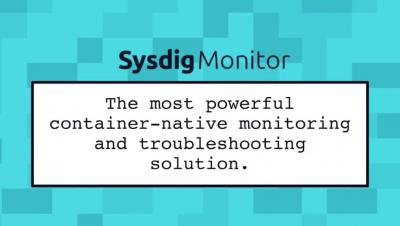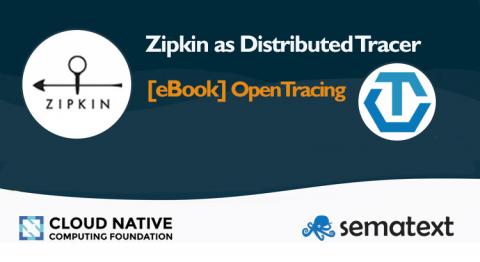How Much Downtime is Acceptable?
Downtime occurs. It's an unfortunate fact of online life. No website is able to provide 100% uptime - even tech giants like Google suffer downtime, albeit very occasionally. So, some amount of downtime is inevitable, but how much is acceptable? This question is obviously subjective - downtime that's acceptable for one person may be intolerable for another. Therefore, we undertook a little research...









